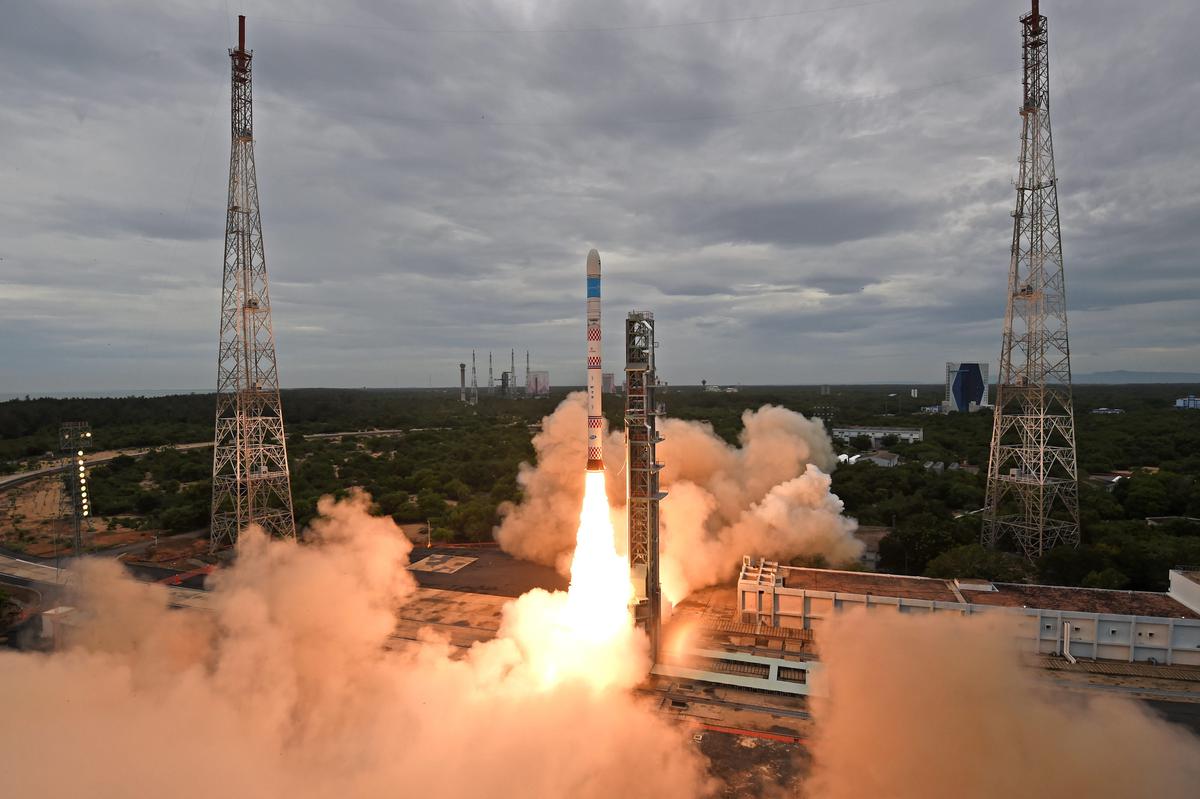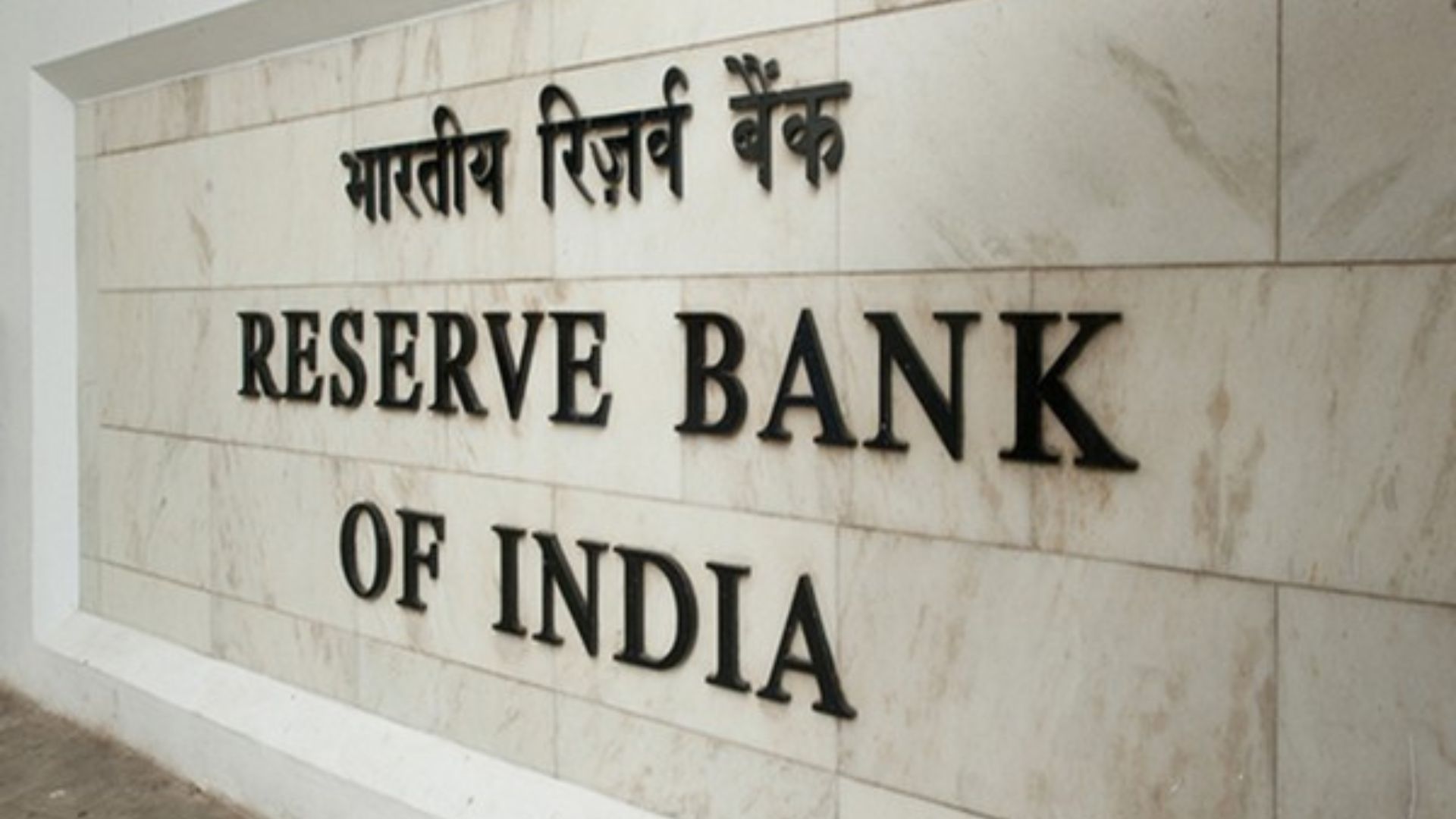The Indian Space Research Organisation (ISRO) successfully launched the second developmental flight of the Small Satellite Launch Vehicle (SSLV-D2) from Sriharikota in Andhra Pradesh. The launch took place at 9.18 am, Friday. The SSLV-D2 successfully put into their intended orbit Earth Observation Satellite, Janus-1 and Chennai-based space startup SpaceKidz’s AzaadiSAT-2.
The 34-metre tall SSLV-D2 weighing 120 ton took off from the first launch pad of Satish Dhawan Space Centre. The three staged SSLV-D2 powered by solid fuel also has a velocity trimming module powered by liquid fuel for precise injection of satellites. AIR correspondent reports that it was a successful flight of SSLV D2 with the precise placement of the satellites in the destined planar orbit.
Scientists and the invitees gathered at ISRO to witness the event were in a jubilant mood even as SSLV roared into the sunny skies like the knight shining in armour. Anxious moments prevailed during the three stage separation of the rocket but just in the destined time the satellites were placed in orbit. The earth observation satellite EOS 07 will be used for earth observation purposes. Janus 1 sent by ANTARIS from the United States will feature five different payloads running on its satellite software once in orbit. Azaadi Sat -2 designed by the students of Space Kidz India will demonstrate low range and amateur radio communication capabilities.
It was the second developmental flight of Small Satellite Launch Vehicle by the space agency. The first test flight of SSLV, on August 9, had ended in partial failure as the rocket failed to inject its satellite payload in their intended orbits.
SSLV caters to the launch of up to 500 kg satellites to low earth orbits on ‘launch-on-demand’ basis. It provides low-cost access to space, offers low turn-around time and flexibility in accommodating multiple satellites, and demands minimal launch infrastructure.













